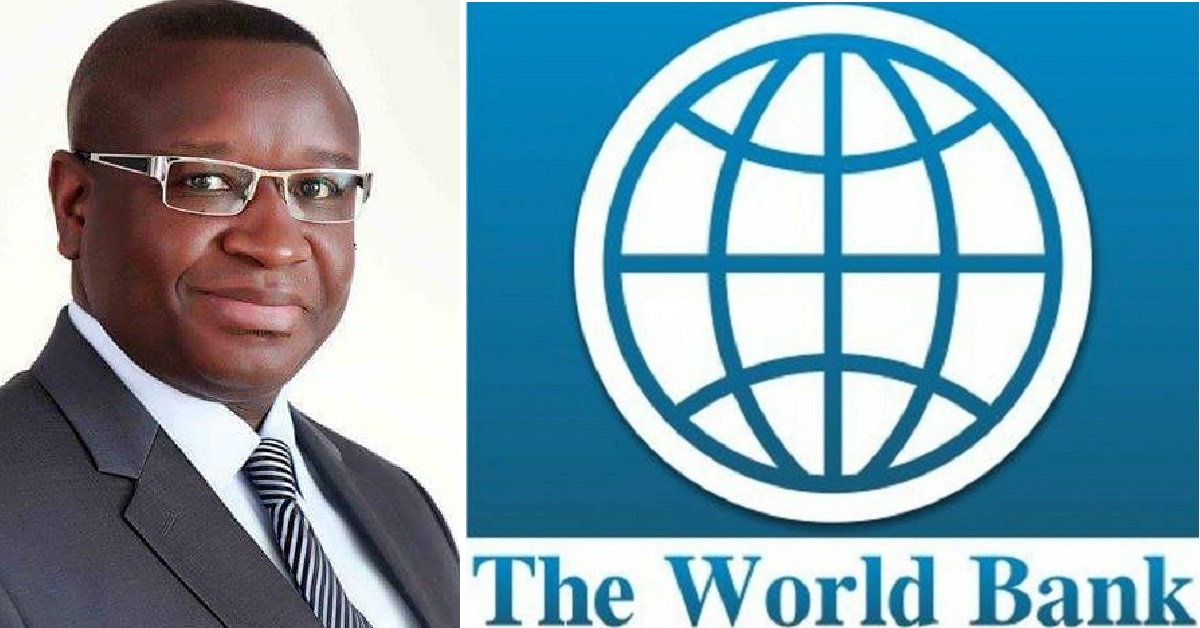Sierra Leone has secured a $50 million grant from the World Bank In a significant stride towards bolstering urban mobility and road safety in Freetown.
The Chief Minister, David Sengeh, announced the pivotal development through a post on X (formerly Twitter), underscoring the nation’s commitment to improving public transportation, climate resilience, and road safety measures.
“We’re all in to improve public transport (50 busses for F/Town + depots), address climate resilience, improve road safety (street lights and pedestrian crossings), etc through a $50m @WorldBank grant to Government, “ he posted with the photo below.
 The project, known as the Integrated and Resilient Urban Mobility Project, aims to revolutionize the urban transport landscape in Sierra Leone, particularly in the capital city of Freetown. With a multi-faceted approach, the initiative focuses on several key aspects to bring about transformative change.
The project, known as the Integrated and Resilient Urban Mobility Project, aims to revolutionize the urban transport landscape in Sierra Leone, particularly in the capital city of Freetown. With a multi-faceted approach, the initiative focuses on several key aspects to bring about transformative change.
Chief among the objectives is the modernization and professionalization of public transport services, which encompasses both formal and informal private operators. By injecting funds into this sector, the project aims to elevate the quality of public transportation services, especially in the Western Area. This facet of the project is designed to maximize financial development while improving the overall public transport experience.
The Strategic Resilient Mobility Investments component of the project seeks to fund vital physical improvements, enhancing access, climate resilience, and road safety. These investments are set to address critical areas, including the installation of street lights and pedestrian crossings, bolstering the safety of road users and pedestrians alike.
Furthermore, the project places a strong emphasis on human capital and institutional capacity-building. Through the Building Human Capital and Institutional Capacity component, funds will be allocated towards knowledge development, academic capacity-building, and institutional strengthening activities. This multifaceted approach aims to empower the transport sector with a knowledgeable and capable workforce.
Project management, financial auditing, data collection, monitoring and evaluation, and operating costs are also covered under the fourth component of the project. This provision ensures that the project is efficiently managed and its outcomes meticulously tracked, contributing to the overall success of the endeavor.
Additionally, the project includes a Contingent Emergency Response Component, which facilitates the swift reallocation of funds to various project components in the event of emergencies, ensuring a flexible and adaptive approach to unforeseen circumstances.
The primary developmental objectives of the project center on the enhancement of public transport quality, the fortification of climate resilience, the improvement of road safety in selected areas, and the augmentation of institutional capacity within the transport sector. Through this comprehensive initiative, Sierra Leone aims to lay the groundwork for a more sustainable, efficient, and secure urban transport system, contributing to the well-being and prosperity of its citizens.












Amazing how these institutions keep handing over cash, why? Are they getting kick backs, because some of this will end up in tiff man dem pockits, guaranteed! Fifty buses (that will be kaput in five to seven years because of misuse and poor maintenance) cost about five million or less in China. Street lights, how much? Resilience? That’s the hole the money will disappear into. Maada Bio and some of his tiffman cronies are about to make their overseas bank account very resilient
BAM!!!. Salone man leh we wok together.
There’s every chance for Sierra to grow up. If the Ghana, ivory coast, Senegal etc. Can move their countries thru honest, visionary leaders, we can also do it.
Salone first, shouldn’t be only thru violence, and hate.
Believe more are on the way.